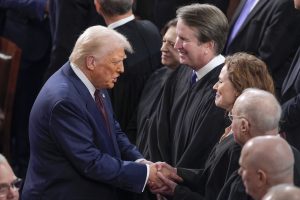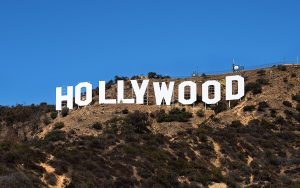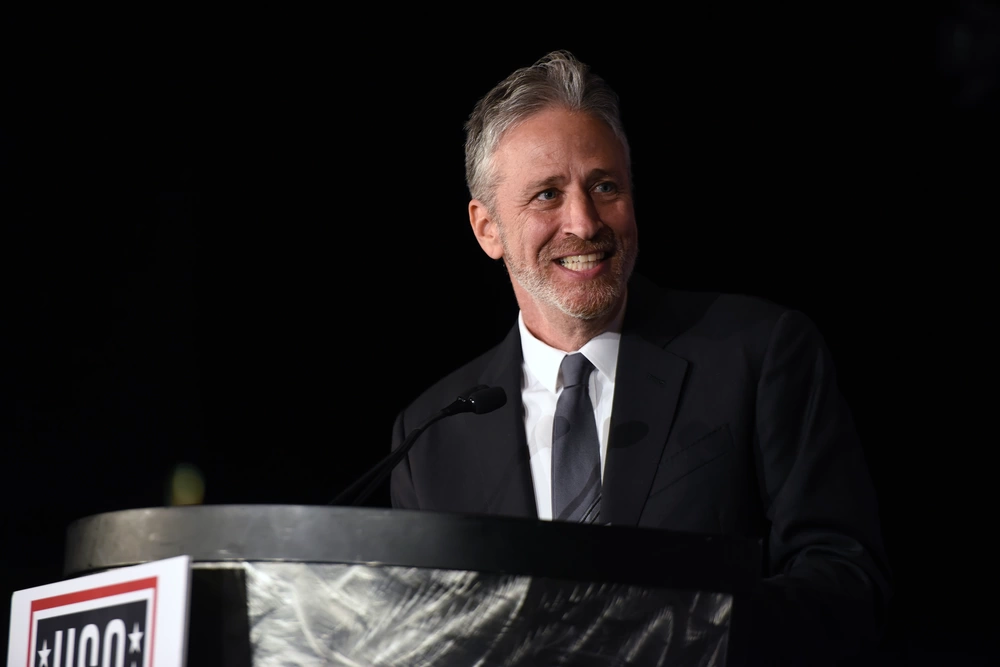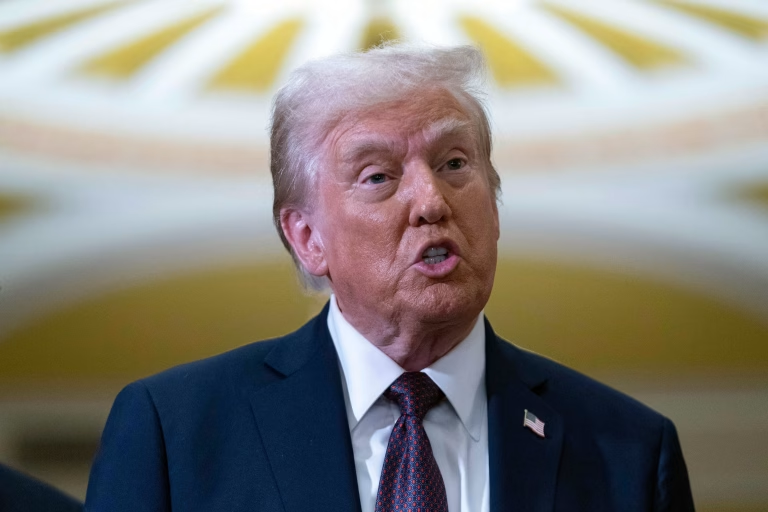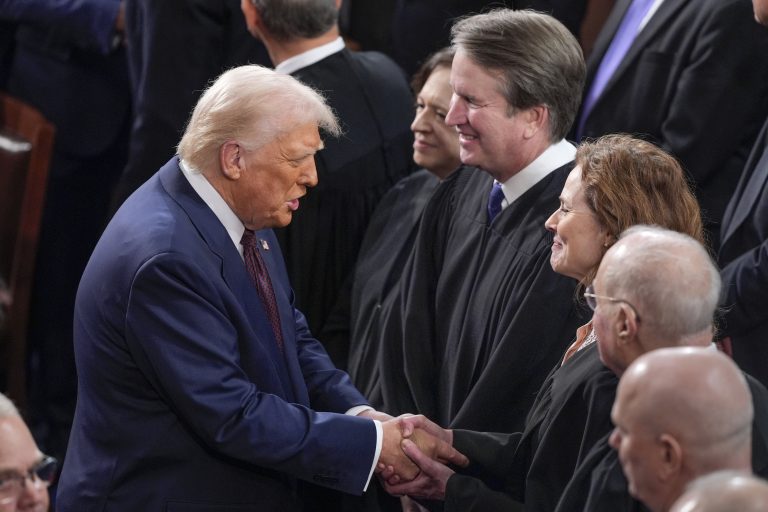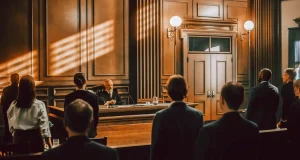The fallout from Jimmy Kimmel’s suspension continues to ripple through the late-night television world, with Jon Stewart becoming the latest comedian to weigh in. Stewart used his platform on The Daily Show to mock Donald Trump and highlight what he sees as a dangerous attack on free speech after Jimmy Kimmel Live! was abruptly taken off the air.
Kimmel’s suspension comes after his pointed commentary on the assassination of conservative activist Charlie Kirk, which drew backlash from political leaders, media companies, and regulators. Now, Stewart and other late-night figures are using their monologues to address what they view as an alarming precedent in American broadcasting.
Jimmy Kimmel’s Controversial Remarks
On Wednesday, September 10, Charlie Kirk, the 31-year-old founder of Turning Point USA, was fatally shot in the neck during a debate at Utah Valley University. The shocking assassination was witnessed by thousands and immediately dominated national headlines.
Days later, Kimmel addressed the tragedy on Jimmy Kimmel Live! In his opening monologue, he criticized efforts by some political groups to distance themselves from the accused shooter, 22-year-old Tyler Robinson.
Kimmel quipped:
“We hit some new lows over the weekend with the MAGA gang desperately trying to characterize this kid who murdered Charlie Kirk as anything other than one of them and doing everything they can to score political points from it.”
He also mocked Trump’s response when asked about Kirk’s death. Instead of offering condolences, Trump pivoted to discussing the construction of a new White House ballroom.
Kimmel likened the bizarre deflection to “a child grieving a goldfish.”
While the remarks drew laughter from some, they also provoked outrage. Critics accused Kimmel of being insensitive, with calls for ABC to take disciplinary action. Within days, the network announced that the show would be “preempted indefinitely.”
Sinclair’s Demands and Regulatory Pressure
The controversy deepened when Sinclair Broadcast Group, which owns the largest group of ABC affiliates in the United States, confirmed that Kimmel would not return to its airwaves unless certain conditions were met.
The company outlined three demands:
-
Formal discussions with ABC regarding professionalism and accountability.
-
A direct apology from Kimmel to Charlie Kirk’s family.
-
A personal donation to both Kirk’s family and his nonprofit, Turning Point USA.
Sinclair also announced it would replace Jimmy Kimmel Live! with a special remembrance broadcast honoring Kirk, to air across its 30 ABC markets, including Seattle, Washington, D.C., Portland, and Tulsa.
Adding to the pressure, Brendan Carr, the Trump-appointed chairman of the Federal Communications Commission (FCC), condemned Kimmel’s comments and hinted at possible regulatory consequences for ABC and its parent company Disney. Carr suggested the FCC could reconsider broadcast licenses or block mergers if content deemed “offensive” was not addressed.
This intervention by a government regulator sparked concerns about political influence over media companies and raised alarms among free speech advocates.
Jon Stewart Steps In
On Thursday, September 18, Jon Stewart, who usually hosts The Daily Show only on Mondays, made a special appearance to address the controversy. His return to the desk was itself a statement — one that signaled the seriousness of the moment.
Stewart began by mocking the current climate, suggesting that free speech protections now depend on whether or not one is “nice enough to the President.”
“The First Amendment is now determined by the niceness to the President. And if that isn’t strong enough, then the FCC must be notified to threaten the acquisition prospects for billion-dollar mergers of network affiliates,” Stewart said.
The comedian also referred to Trump sarcastically as “our dear leader”, highlighting what he described as authoritarian tendencies in the administration’s approach to media criticism.
He framed the crackdown on Kimmel not as an isolated incident, but as part of a broader pattern of “speech concerns” used as a smokescreen for consolidating power.
“Some people would say it’s a cynical ploy, a thin gruel of a ruse, a smokescreen to obscure an unprecedented consolidation of power and unitary intimidation, principle-less and coldly antithetical to any experiment in a constitutional republic of governance,” Stewart remarked. “Not me, though… I think it’s great.”
The audience erupted in laughter, though Stewart jokingly shushed them, playing into his satire about government-approved entertainment.
Audience and Online Reaction
Stewart’s decision to appear on a non-scheduled night was not lost on fans. One YouTube commenter wrote:
“You know some real sh** went down when Jon Stewart shows up on a day that ain’t Monday.”
Another viewer added:
“This entire show was an act of genius. They should get the Emmy next year. If there is a show next year… If there is a network next year… If there is an Emmy next year… If there is an America next year…”
The comments reflected both appreciation for Stewart’s return and anxiety over the current state of political and media freedoms in the United States.
Other Late-Night Hosts Speak Out
Stewart is not the only talk show host to defend Kimmel.
-
Jimmy Fallon told his audience: “I do know Jimmy Kimmel, and he is a decent, funny, and loving guy. And I hope he comes back.”
-
Seth Meyers used satire, joking: “The [Trump] administration is pursuing a crackdown on free speech… completely unrelated, I just want to say before we get started here that I’ve always admired and respected Mr. Trump.”
-
David Letterman, appearing at The Atlantic Festival, described Kimmel’s suspension as “ridiculous” and warned against “managed media” controlled by political pressure.
-
Stephen Colbert labeled the decision to pull Kimmel off air a “blatant assault on free speech.”
Together, these voices highlight a rare moment of solidarity among comedians who often compete fiercely in the ratings but who see the issue as transcending television rivalries.
The Broader Debate
The clash between Kimmel, ABC, Sinclair, and the FCC has reignited debates about free speech, political pressure, and media consolidation.
Critics argue that suspending Kimmel sets a dangerous precedent where entertainers can be silenced not for policy violations but for offending powerful figures. Supporters of the suspension counter that Kimmel’s remarks were unnecessarily inflammatory during a national tragedy.
For Stewart and his peers, however, the issue goes far beyond one late-night host. Their collective defense underscores concerns that political leaders and regulators may be leveraging influence over broadcasters in ways that stifle dissent and comedy — historically one of the sharpest tools of political critique.

James Jenkins is a celebrated Pulitzer Prize-winning author whose work has reshaped the way readers think about social justice and human rights in America. Raised in Atlanta, Georgia, James grew up in a community that instilled in him both resilience and a strong sense of responsibility toward others. After studying political science and creative writing at Howard University, he worked as a journalist covering civil rights issues before dedicating himself fully to fiction. His novels are known for their sharp, empathetic portraits of marginalized communities and for weaving personal stories with broader political realities. Jenkins’s breakout novel, Shadows of Freedom, won national acclaim for its unflinching look at systemic inequality, while his more recent works explore themes of identity, resilience, and the fight for dignity in the face of oppression. Beyond his novels, James is an active public speaker, lecturing at universities and participating in nonprofit initiatives that support literacy and community empowerment. He believes that storytelling is a way to preserve history and inspire change. When not writing, James enjoys jazz music, mentoring young writers, and traveling with his family to explore cultures and stories around the world.

